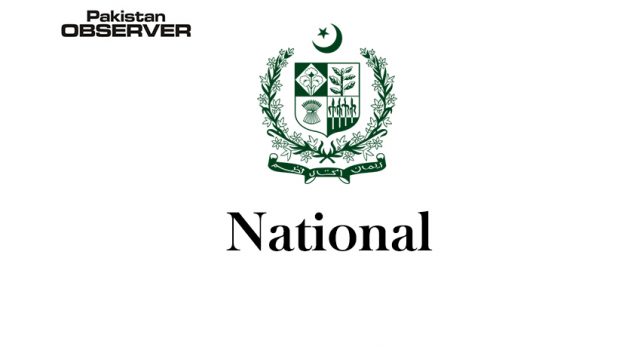Jawad Falak
PRIME Minister Imran Khan warned against any emotional attempt to cross the Line of Control (LoC) from Pakistan, saying any such attempt would, in fact, affect the struggle of the people in Indian Occupied Kashmir.
The Prime Minister declared any bid to ‘wage jihad in Kashmir’ would be an act of extreme enmity towards the Kashmiris, and added, ‘Anyone who thinks that he will cross the border to join the Kashmiris [fighting for their right], is a big enemy of them and Pakistan.’ The warning is significant especially in light of recent attempts by India to fabricate a terrorist event in order to divert global and domestic attention from its atrocities in Indian Occupied Kashmir.
The most recent such event was when a terror alert was sounded in India after some abandoned boats were claimed to have been found by the Indian BSF. The Indian army also claimed to have received intelligence inputs that terrorists could attack the southern part of India.
Earlier, ports in Gujarat were put on high alert after intelligence agencies and Indian Naval Chief claimed that Pakistani commandos were likely to infiltrate into Indian waters through the Kutch area, use the sea route to incite communal trouble or carry out a terror attack in Gujarat. Many commentators saw these ploys as ruses which usually did not conform with facts on the ground.
The case of the abandoned boats in Creek area is the similar. While New Delhi has used abandoned boats as proof of an impending terror attack, the reality is different according to local sources and witnesses. The four boats in total actually belong to local bonafide fishermen living on Pakistani side of the border, who usually operate in the Harami Doro area. Fishing is the livelihood of the communities living in the adjoining areas on both sides.
As per witness accounts, four small fishing boats (Horas) from Badin proceeded towards the Harami Doro creek area for fishing on 23 Aug 19. While boats were engaged in fishing in the vicinity of Pakistan-India border, in creeks area, a few Indian Border Security Force (BSF) boats approached them with a bullying posture and tried to coerce them into custody, which implied that the fishermen will be arrested and then jailed in an Indian prison and tortured for an indefinite period. Therefore, the said fishermen escaped the area on two of the four boats as a fewer number made it easier to evade BSF and left behind 2 fishing boats. These two boats were seized and then used by Indian authorities including senior officials to support their propaganda that Pakistani commandos, while a few Indian media reported as upto 50 JeM underwater specialists, had entered India through creeks.
Contrary to the Indian falsified claims, the owners of the seized boats are well known locals who have engaged in the family profession of fishing as a source of income and have never had contact with any militant group. This act of the Indian government echoes a similar incident in January 2015 when Indian authorities and media created a hype out of a boat which burnt almost 200 nautical miles from Porbandar, alleging that the crew were terrorists who came from Pakistan carrying explosives which exploded. Later, DIG Indian Coast Guard BK Loshali confessed on media that he had ordered to blow up the boat. Being contrary to the Indian narrative, the officer issued a rejoinder and tried to negate his statement over the media. Pictures showed a clear silhouette of the boat even during its burning for over 3 hours, negating the Indian claim of a ‘large’ explosion.
Episode of 2008 Mumbai attack allegedly blamed on Pakistan also got exposed as web of lies woven by India, duly exposed exposed by German professor Elias Davidson in his seminal work ‘Betryal of India’. The book highlighted that assassination of Hemant Karkare, Chief of Mumbai Anti-Terrorist Squad and investigation in-charge of Malegaon blasts, was to hide secrete likely busting of Indian plans thus casted doubts over Mumbai attack plot (kiss-and-tell of intrinsic Indian habit).
As envisioned by PM Imran, any border crossing act could strengthen Indian narrative of terrorist inflow from Pakistan and would provide India chance to divert world attention from the human rights crisis in Indian Occupied Kashmir. While Indian obsessive nostalgia for Maritime Terrorism is visible time and again with baseless accounts of claims, observers stress that India is desperate in order to carry out a false flag attack and pin it on Pakistan in order to divert extreme global and domestic pressure.
—Jawad Falak is a senior research fellow at Martime Study Forum and routinely writes on current affairs and strategic events in many publications.









